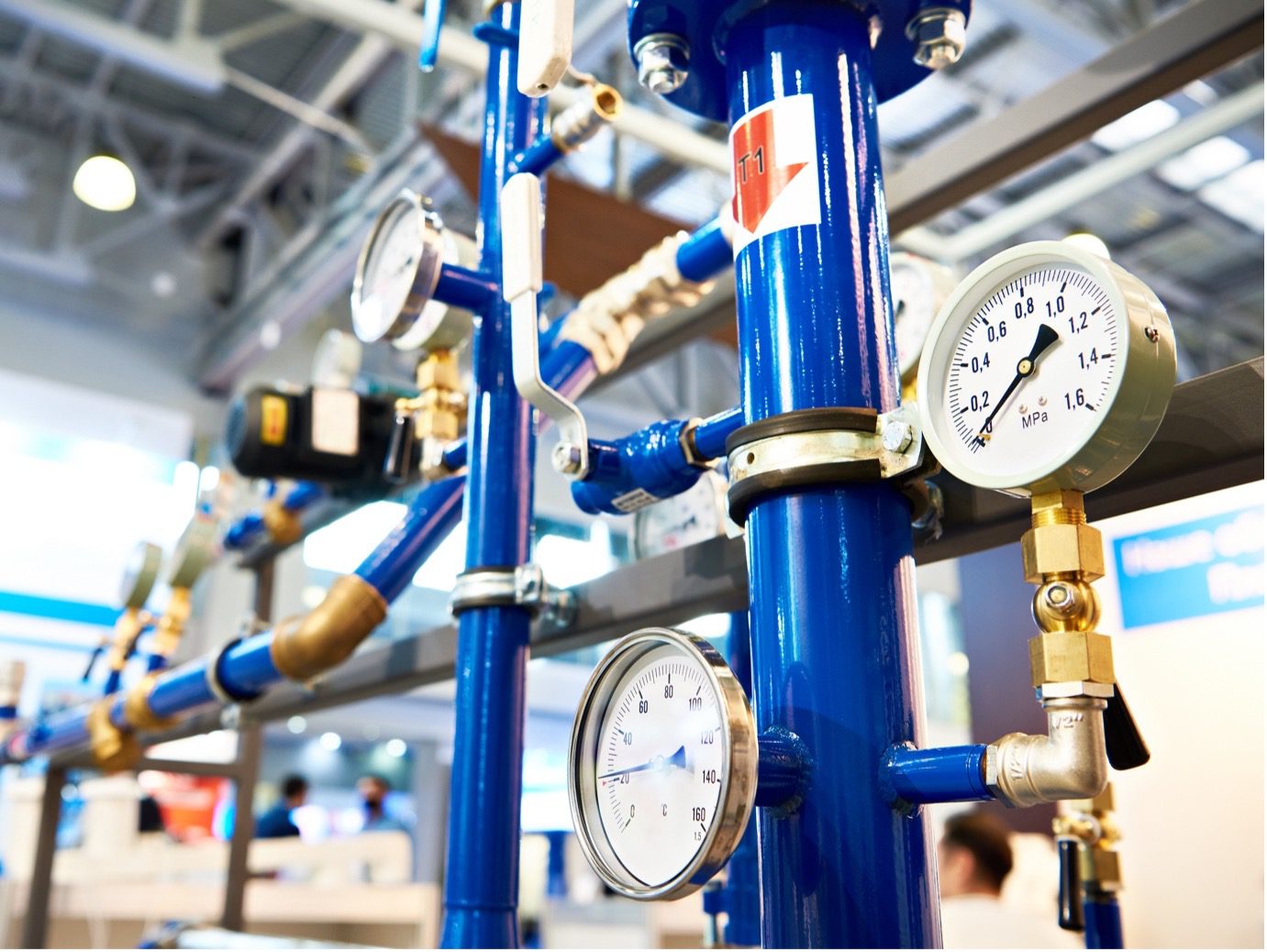
Calibration can be vital in ensuring your differential pressure gauge is able to give accurate readings. It refers to the process where the pressure gauge is tested against a reference calibration mark to ensure it’s working properly and reading accurately. With that in mind, how often should you check the calibration of your differential pressure gauge? Let’s find out.
The Importance of the Calibration of Pressure Gauge
It is important to check your pressure gauge’s calibration regularly. If this isn’t done regularly, then you will have inaccurate readings that could lead to costly repairs or replacement of your equipment.
Here are a few reasons why you should check the calibration of your pressure gauge regularly:
Quality Control
A pressure gauge’s calibration is used to ensure that each one is accurate and consistent, which helps ensure that your products are being produced with the highest possible quality. It also helps to protect your company from claims of defective products or faulty workmanship.
Safety
It is important to calibrate your pressure gauges to ensure that they do not give false readings. This can lead to accidents, as well as increase the risk of injuries or death for people working with chemicals and other dangerous materials.
Profit Protection
A poorly calibrated pressure gauge will likely lead to losses in profit due to inaccurate readings. You can lose business because customers won’t trust the products you’re offering them. The calibration of a pressure gauge helps to protect your company’s profits by helping to maintain the quality of its products and services.
Avoiding Penalties
Calibration helps you avoid penalties from governing agencies like the U.S. Food and Drug Administration (FDA). If agencies find out that you’ve been using inaccurate pressure gauges and are not keeping up with their calibration regulations, they could fine you or even shut down the entire plant entirely!
Recommended Calibration Intervals
Calibration intervals are the amount of time between calibrations, and they vary depending on the various factors. The recommended calibration intervals for most pressure gauges are every 12 months or annually, but in some cases, it may be necessary to check the calibration more frequently.
Here are some factors to consider when deciding on how often to calibrate your differential pressure gauge:
Manufacturer’s Standards
The manufacturer’s standards are the best guide for how often to check your gauge. Your pressure gauge should have instructions for how often to check its calibration, and it’s a good idea to stick with that. If you’re unsure, consider contacting the manufacturer or reading their instructions.
Frequency of Use
The frequency of use will affect how often you need to calibrate your pressure gauge. If you plan on using your pressure gauge frequently, then it might be worthwhile getting it recalibrated more frequently than once every year.
Environmental Conditions
The environmental conditions will also affect when you need to check your calibration, as well as whether or not this is something that needs to be done regularly. For example, if you live in an area with high humidity, then you need to check your pressure gauge more frequently.
Conclusion
In the end, one of the best ways to figure out how often you should check the calibration of your differential pressure gauge is to consult with a professional in the industry. They should be able to offer you better suggestions based on the scope of your work, and they can also give you a better idea of how often it’s necessary to calibrate depending on the pressures you need to measure. Whether this is every month, every few years, or something in between will vary, so it’s smart to consult with someone like Midwest Instruments who knows.
Since 1958, Mid-West Instrument has been a leading global manufacturer of differential pressure gauges, transmitters, and switches. Our company is family owned and operated from our facility located in Sterling Heights, MI.
Our state-of-the-art factory is equipped the latest CNC machine tool technology, test equipment, calibrations standards, and oxygen clean room. This allows us to maintain precise tolerances and product quality with the shortest lead times in the industry.
Contact our experienced professionals or visit our website to learn which differential pressure instrument best fits your application.

